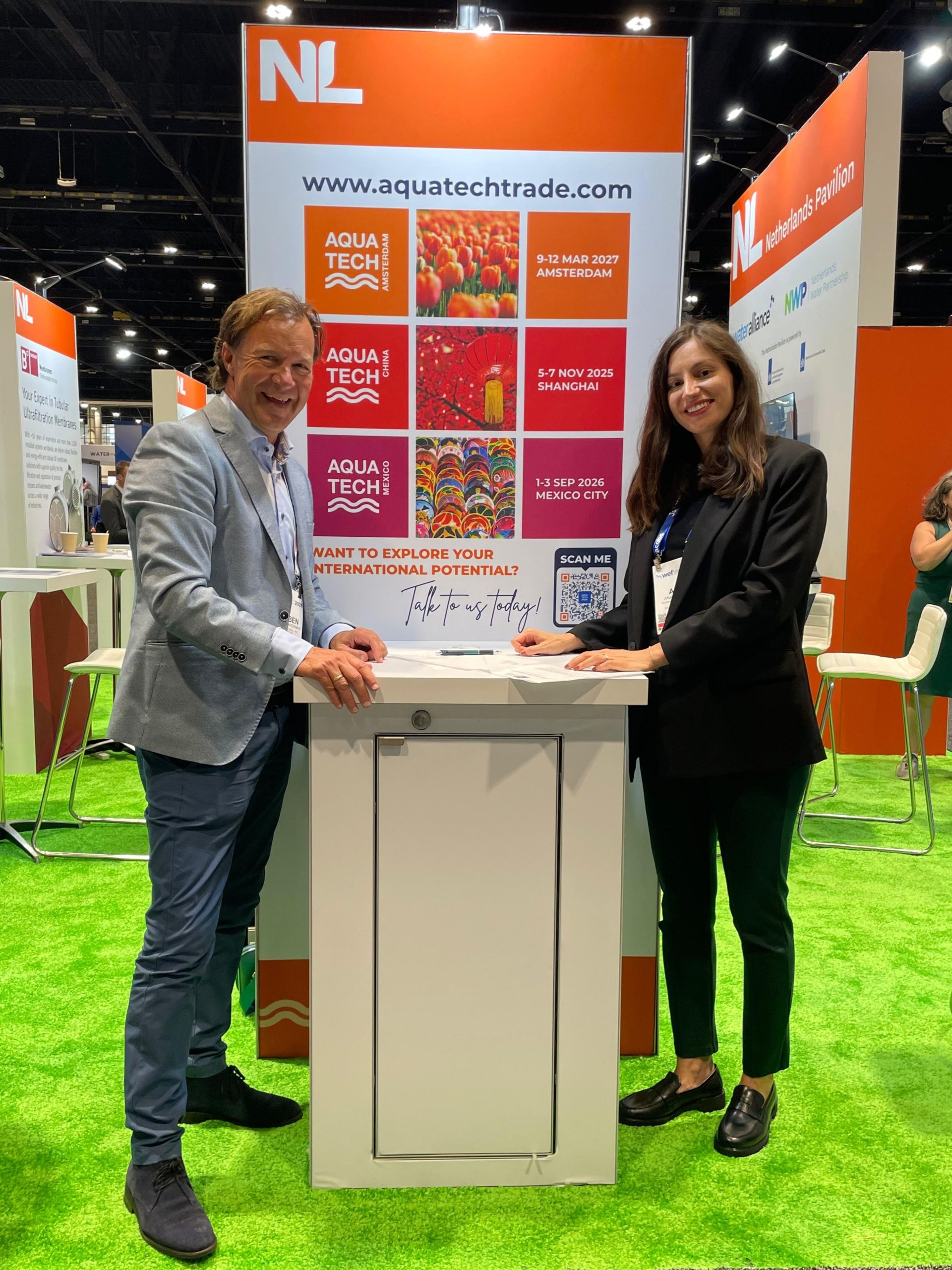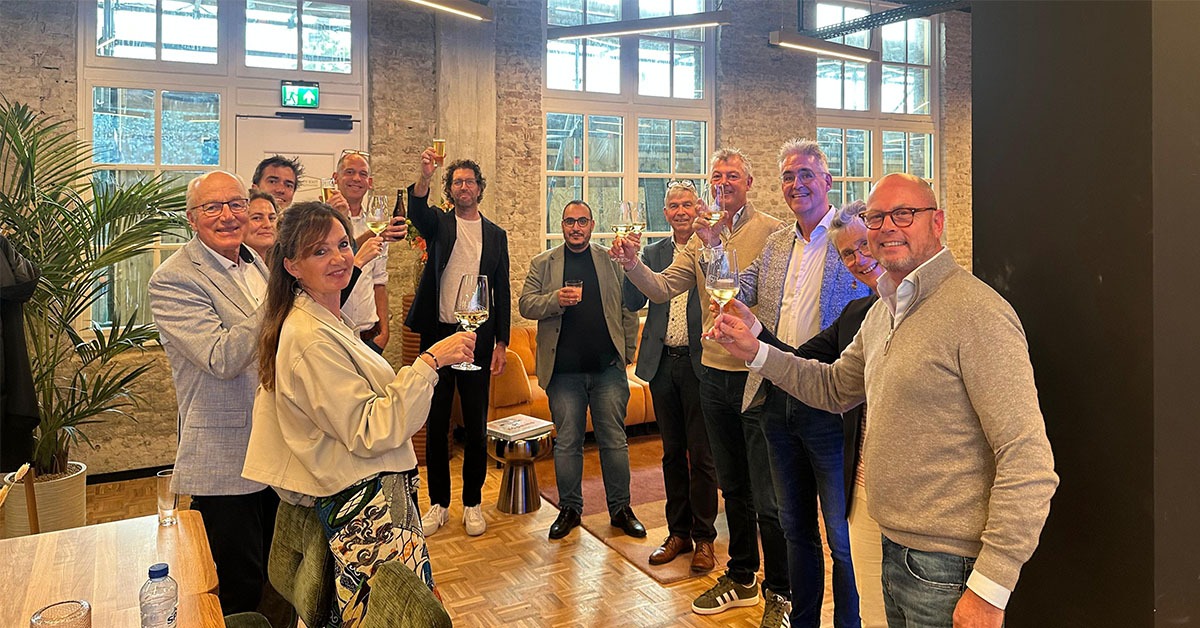Hospitals are a hotspot for specific pharmaceuticals, such as last-resort antibiotics. The spread of hospital waste water increases risks to public health, such as multi-resistance for example. Filtration at the hospital’s source is necessary to limit these risks. Although the technology is available, its application is progressing slowly.
The first sewage systems were built in the 19th century. Before then, cities were mainly ravaged by deadly epidemics, because people were exposed to waste water through the waterways that ran through the cities. The construction of sewage systems was the greatest improvement in public health by far, because many diseases could no longer spread this way.
Hospitals are hotspots
Because of our longer lifespans and more options for medical treatment, medicine use is increasing. Hospitals are the hotspot of a number of specific pharmaceuticals through which these substances end up in the waste water chain and the environment. These are last-resort antibiotics, which are used to cure multi-resistant bacterial infections, X-ray contrast media and anaesthetics, besides large amounts of residue from thousands of other drugs. These substances end up in the sewage system mainly through the urine and faeces of patients. The water boards’ sewage treatment plants are not designed to remove these micro-pollutants and microbes from the waste water, so they end up unfiltered in canals and rivers, causing environmental damage and health risks. The technical modification of sewage treatment plants to handle these substances is still in its infancy and will take decades.
The big health risk of multi-resistance
In this article, we will further highlight one major problem: multi-resistance. Bacteria which are resistant to almost all antibiotics cause infections from which people can die from. In those cases, the hospital administers last-resort antibiotics. Patients then go to the toilet, where some of the last-resort antibiotics and resistant bacteria end up in the surface water via sewage and treatment plants, unfiltered and often even more stronger than before. There they can multiply, grow even stronger and infect other people through the environment and all kinds of chains. It has been proven that hospital waste water contains high concentrations of (last-resort) antibiotics and multi-resistant bacteria (read more about this in recent studies from STOWA and KWR, such as ANSWER, 2019).
The COVID-19 crisis shows how vulnerable the health care system and the economy are to infectious diseases for which no proper treatment or vaccine exists. The World Health Organization (WHO) warns against the rapidly increasing problem of resistance. These types of infections will be one of the greatest threats to public health in the coming decades and studies predict that they may surpass cancer as the number one cause of death.
Investigations into new antibiotics are currently underway. But in order to permanently guarantee the effectiveness of existing and new (last-resort) antibiotics, the sources causing the spread of these medicines and multi-resistant microbes into the environment must be dealt with. It’s the only way to slow down the process of increasing resistance.
Pharmafilter for hospital hotspots
With the Pharmafilter system, hospitals can filter their waste water on site and even recycle it. It has been proven that such a solution completely eliminates all micro-pollutants, including antibiotics and multi-resistant bacteria and viruses. This way, the hospital removes health risks which could have major consequences later on.
However important and urgent the application may seem, there are no legal and financial incentives for hospitals to implement it. There are no waste water discharge standards, like there are for greenhouse horticulture or food industry for example, and no structural subsidies or pollution pricing. Pharmaceutical companies supplying the medicines to hospitals do not have to add a “disposal fee” to their prices, nor do they take the initiative to limit the consequential damage of their products. This disposal fee can be between 1-2%. That is less than that of a car tyre, where disposal fees are common. Apparently, we think it is worth it to charge €2.50 to recycle a tyre, but not to put a relatively lower tax on medicines to prevent a pressing public health problem.
It has been known for a long time that a pandemic caused by a coronavirus could pose a real threat to public health. Yet we have barely prepared ourselves for it, with the chaotic situation and human suffering we are experiencing this year as a result. It should be clear to stakeholders, such as governments, hospitals, physicians and pharmaceutical companies, that if we know that multi-resistance could be the next global epidemic, we should act now to reduce the dangers of drug residues and multi-resistance. That starts with applying proven solutions at the source. It’s not too late!
About Pharmafilter
The Pharmafilter system filters hospital waste water and eliminates all medical micro-pollutants and microbes. It combines innovative techniques from the waste water and drinking water industries and has been technically proven. The system is used at five hospitals in the Netherlands, including the Reinier de Graaf Hospital in Delft and the Erasmus MC in Rotterdam. A sixth installation is currently (2020) under construction. The filtered water is of very high quality, so it can be used for technical or domestic purposes in the hospital, or discharged into surface water. This way, the Pharmafilter system not only offers a solution for limiting health and environmental risks of the waste water chain, but also for circular objectives to recycle and use water to prevent droughts.
For more information visit www.pharmafilter.nl/en




